Climate Driven Ecosystem Change
Marine Ecosystem Tipping Points
We seek to understand marine regime shifts as not only an ecological phenomenon but also to inform marine management to promote the sustainability of ecosystem services such as fisheries. Regime shifts have a firm theoretical foundation with nonlinear systems crossing critical thresholds, yet frequently we have a poor understanding of what these thresholds are. While regime shift theory is fairly well developed (Scheffer 2009), work still needs to be done to identify drivers, mechanisms and susceptibility to abrupt changes in natural marine ecosystems. See More: https://royalsocietypublishing.org/toc/rstb/2015/370/1659
We’re working to define thresholds for key components of marine ecosystems in nearshore kelp forest ecosystems. Further, we are working to understand the persistence of these shifts and what management actions might be undertaken, if any, to reverse shifts and restore ecosystem services.
Marine Heatwaves
Our lab is investigating the impacts of the massive 2014-2016 Marine Heatwave (MHW) and subsequent MHW on the collapse of the nearshore kelp forest ecosystem. Using a new MHW tracking tool we can see the frequency and intensity of MHW in our region is increasing dramatically (https://www.integratedecosystemassessment.noaa.gov/regions/california-current/cc-projects-blobtracker). We are finding that future forecasts of ocean warming coming to the region are already here as are the impacts to kelp and herbivores such as abalone.
Rogers-Bennett, L., Catton, C.A. Marine heat wave and multiple stressors tip bull kelp forest to sea urchin barrens. Sci Rep 9, 15050 (2019). https://doi.org/10.1038/s41598-019-51114-y
Our work is contributing to a body of studies defining the impacts of MHW on coastal ecosystems and the services they provide including fisheries resources (For more Info See https://www.frontiersin.org/research-topics/7980/advances-in-understanding-marine-heatwaves-and-their-impacts#articles). Currently, we are focusing on both the direct and indirect impacts of MHW at the organismic and population level. We are interested in the “Thermal Vice” where organisms require more food as they warm yet the food is less abundant and less nutritious. In particular, we are working on a collaborative NSF grant to assess the impacts of ocean warming on purple sea urchin physiology and population dynamics.


